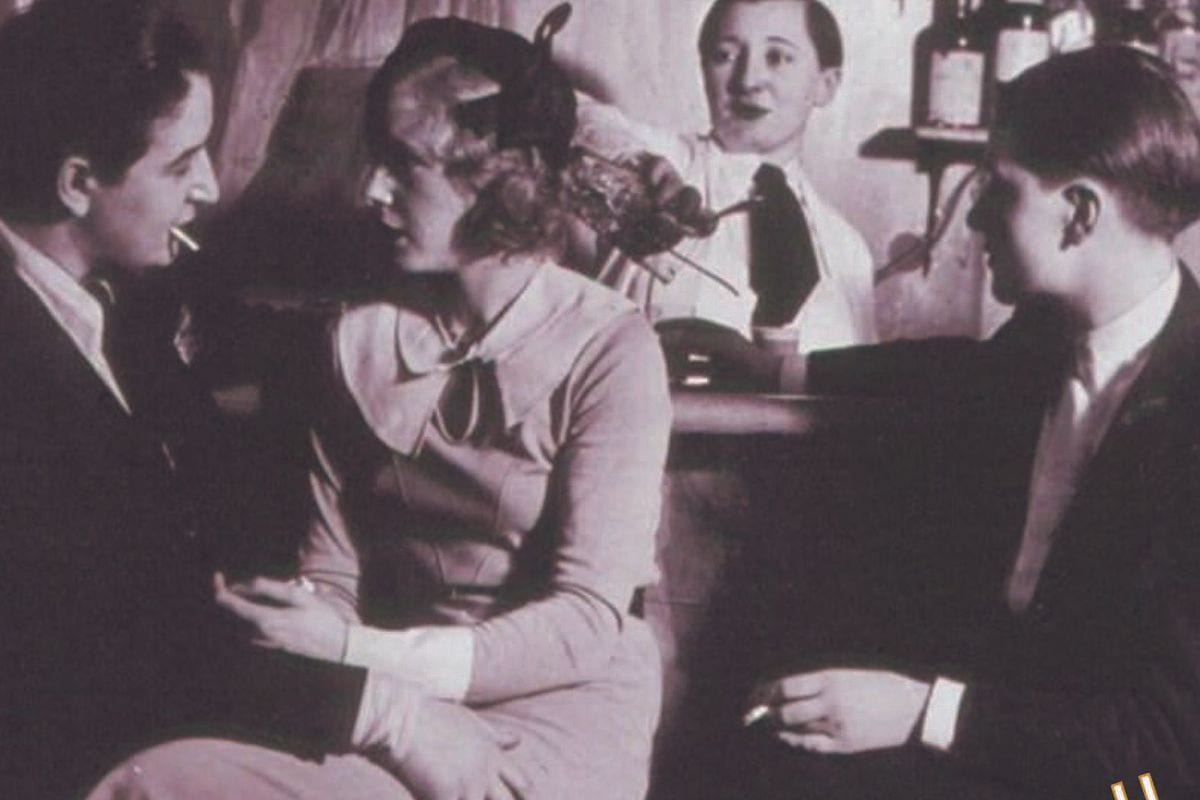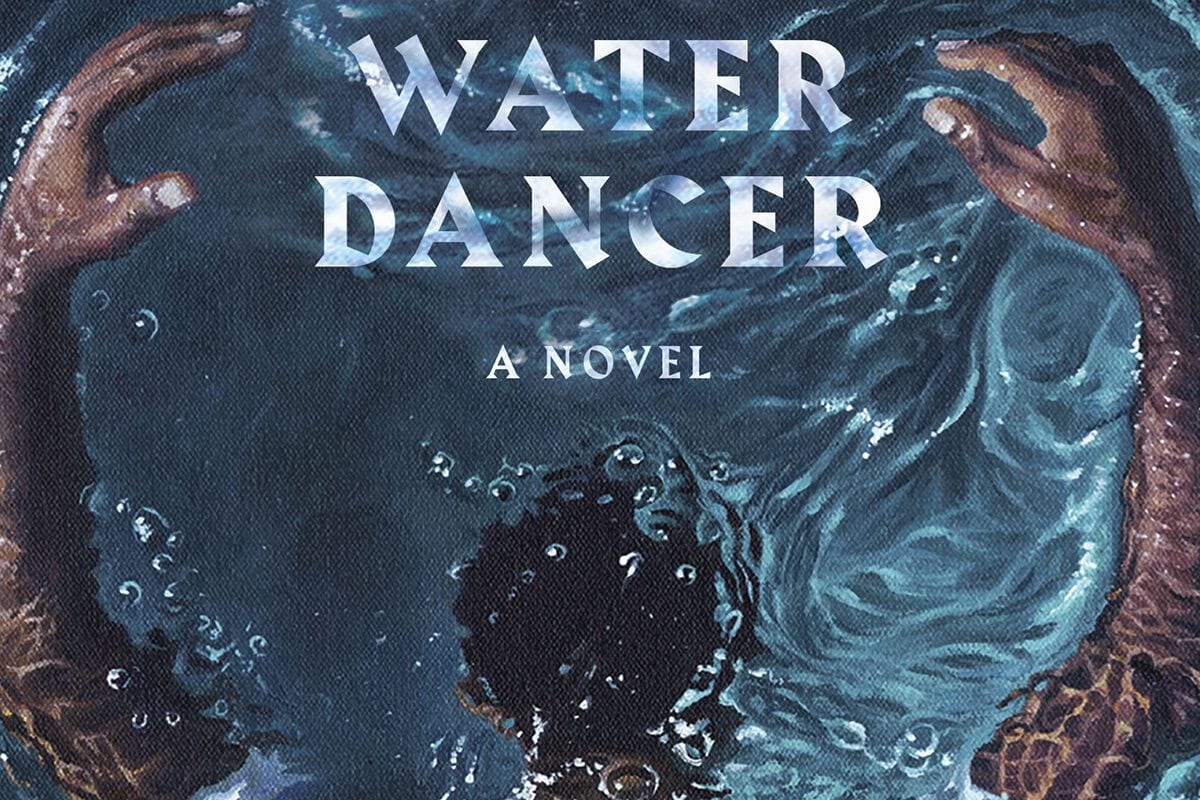
Neal Stephenson’s Thriller ‘Polostan’ Is a Wild Ride Through 1930s America
Neal Stephenson’s thrilling and slow-burn historical thriller Polostan presents the 1930s as a calamitous carnival ride building inexorably toward Hiroshima.

Neal Stephenson’s thrilling and slow-burn historical thriller Polostan presents the 1930s as a calamitous carnival ride building inexorably toward Hiroshima.

Author Jerome Charyn’s Ravage & Son is a brutal novel written with a beauty that transcends the violence, providing an empathetic look into human complexity.

The ‘queens’ of Joumana Haddad’s The Book of Queens confront the violent vicissitudes of Levantine history.

David Diop’s At Night All Blood Is Black is a terrifying fable whose haunting imagery explores the traumas of empire, colonial thought, and masculinity.

In search of answers from Chile’s painful past, Nona Fernández imagines and reconstructs the events surrounding the testimony of a real-life torturer in her book, The Twilight Zone.

It is Afia Atakora's reiteration of the current calls for racial justice that positions Conjure Women as an unadulterated masterpiece.

In Vasily Grossman, the lost and nameless victims of the Nazi invasion of the Soviet Union – soldier and civilian, ordinary men and women – found their literary chronicler.

Never Anyone But You is an inspiring tale of surrealists Claude Cahun and Marcel Moore, who defied homophobia, Nazis, and gender norms while pushing the boundaries of art and love.

Ta-Nehisi Coates' debut novel about slavery in America, The Water Dancer, dares us to dance -- and remember.

Lafcadio Hearn is highly regarded as an early writer and researcher on Japan. Monique Truong's The Sweetest Fruits irresistibly reconsiders his legacy from the perspective of the women whose lives were affected by him.

The lure of beautiful beaches might make the Dominican Republic among the most popular tourist destinations in the Caribbean, but the ghosts of its troubled history, as captured in Julia Alvarez's In the Time of the Butterflies, stalk the living.

Japanese poet Toriko Takarabe grew up in Japanese-occupied Manchuria and lived to tell the harrowing tale.